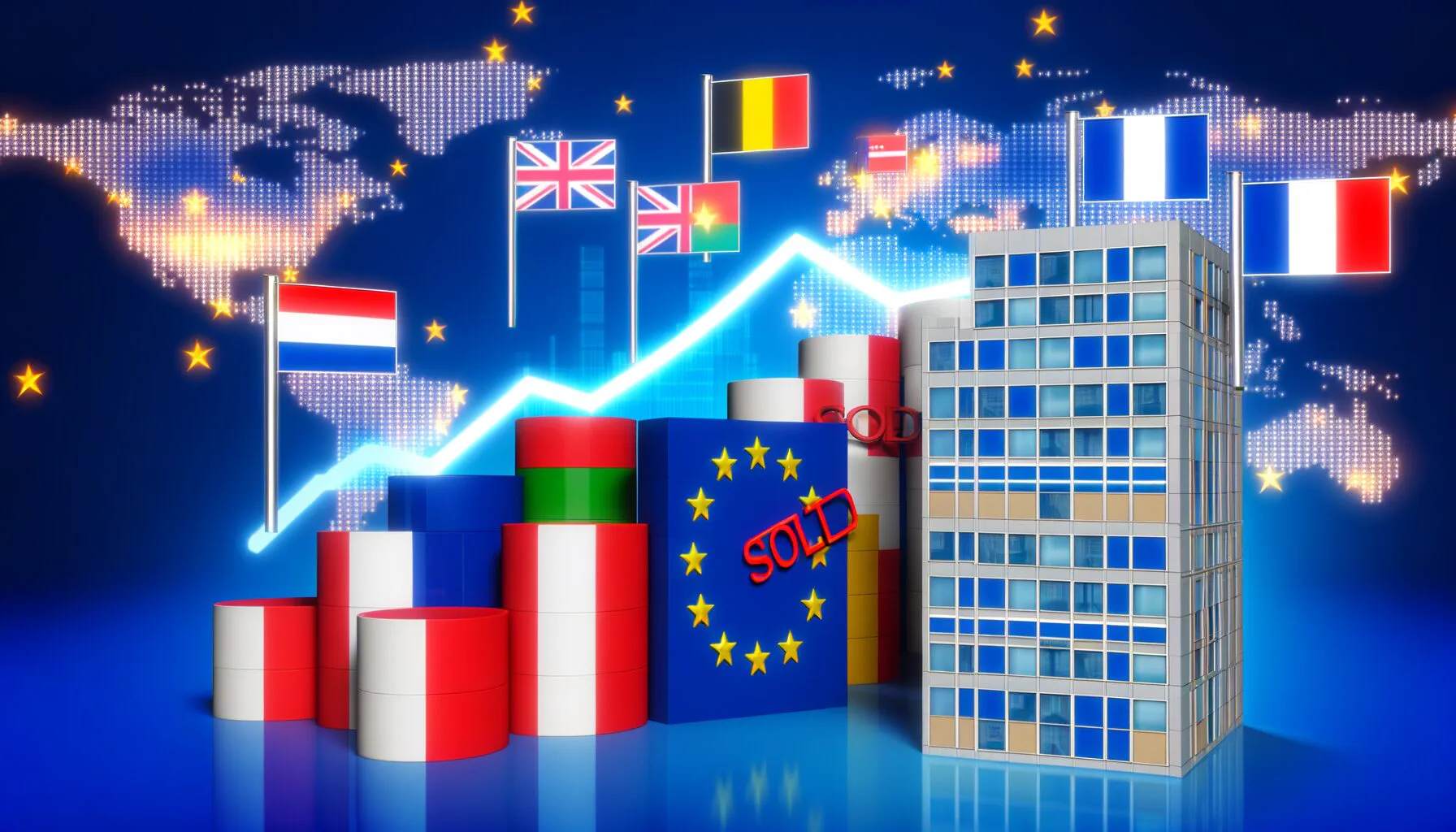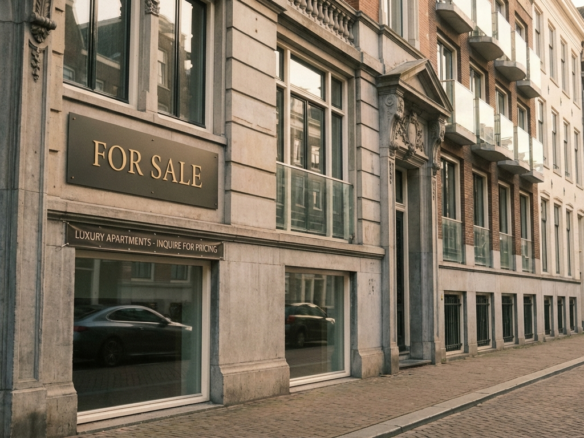Foreign Direct Investment (FDI) has become an integral part of the global economy, with countries around the world competing to attract foreign investors. The European Union (EU) is no exception, with its member states offering various incentives and benefits to attract FDI. In recent years, the European real estate market has seen a significant increase in FDI, with investors from all over the world looking to capitalize on the region’s stable economy and attractive property market. In this article, we will explore the impact of FDI on the European real estate market and the reasons behind its growing popularity.
Get 50% OFF!
Subscribe to our newsletter and enjoy a 50% discount on all listing packages, no strings attached!

FDI in the European Real Estate Market
According to a report by fDi Intelligence, the European real estate market has seen a steady increase in FDI over the past decade. In 2019, the EU received a total of $1.2 trillion in FDI, with the real estate sector accounting for 10% of the total FDI inflows. This trend is expected to continue, with the EU projected to receive $1.3 trillion in FDI by 2025.
One of the main reasons for the increase in FDI in the European real estate market is the region’s stable economy. Despite facing challenges such as Brexit and the COVID-19 pandemic, the EU has maintained a strong economic performance, making it an attractive destination for foreign investors. Additionally, the EU’s open market policies and favorable business environment have made it easier for foreign investors to enter the real estate market.
FDI has also played a significant role in the development of the European real estate market. With the influx of foreign capital, the region has seen a rise in construction and development projects, leading to the creation of new jobs and boosting the local economy. This has also resulted in the development of new residential and commercial properties, providing more options for buyers and tenants.
Impact on Property Prices
The increase in FDI has had a significant impact on property prices in the European real estate market. In cities such as London, Paris, and Berlin, where FDI is high, property prices have seen a steady increase over the years. This is due to the high demand for properties from foreign investors, leading to a shortage of supply and driving up prices.
However, the impact of FDI on property prices is not limited to major cities. In smaller cities and towns, FDI has also played a role in boosting property prices. With the development of new properties and infrastructure, these areas have become more attractive to both local and foreign buyers, leading to an increase in property prices.
Challenges and Opportunities
While FDI has brought many benefits to the European real estate market, it has also presented some challenges. One of the main challenges is the potential for a housing bubble. With the influx of foreign capital, there is a risk of overvaluing properties, which could lead to a housing bubble and a subsequent market crash. To prevent this, governments and regulatory bodies need to closely monitor the real estate market and implement measures to control property prices.
On the other hand, FDI has also created opportunities for the European real estate market. With the rise of digital platforms and online marketplaces, it has become easier for foreign investors to invest in properties in the EU. This has opened up the market to a wider pool of investors, leading to increased competition and driving innovation in the real estate sector.
FDI impact on the European real estate market
FDI has had a significant impact on the European real estate market, driving economic growth and development. With its stable economy and favorable business environment, the EU continues to attract foreign investors, making it a top destination for FDI. However, it is essential for governments and regulatory bodies to closely monitor the market to prevent any potential risks and ensure sustainable growth in the real estate sector. With the right measures in place, FDI will continue to play a crucial role in the development of the European real estate market.





Join The Discussion